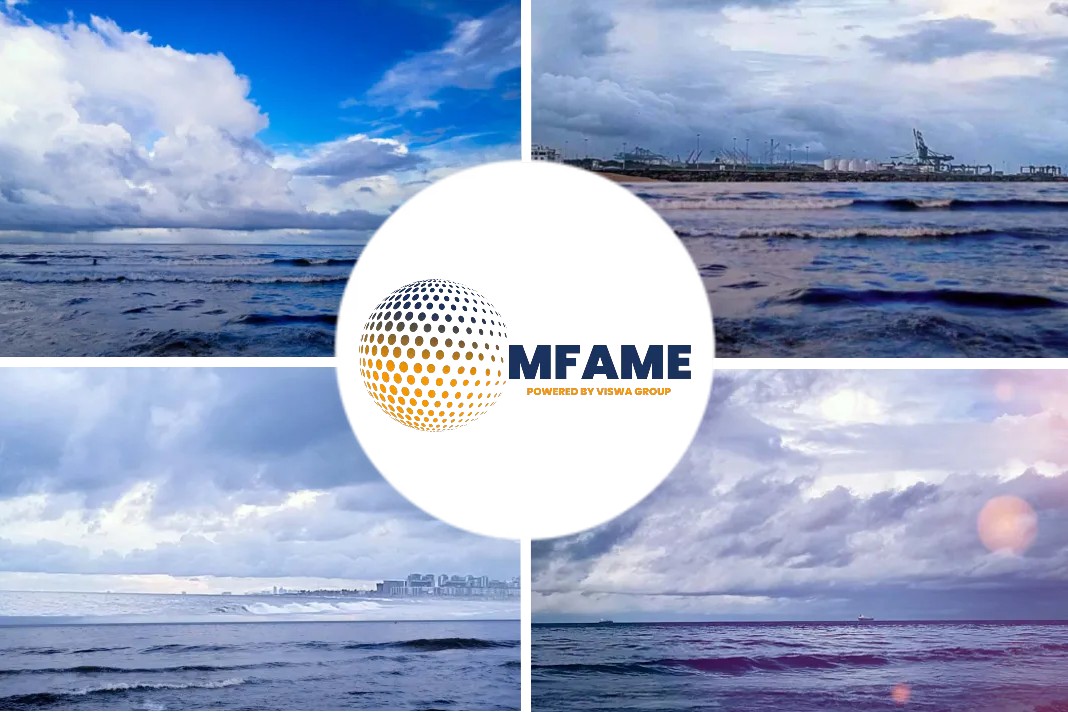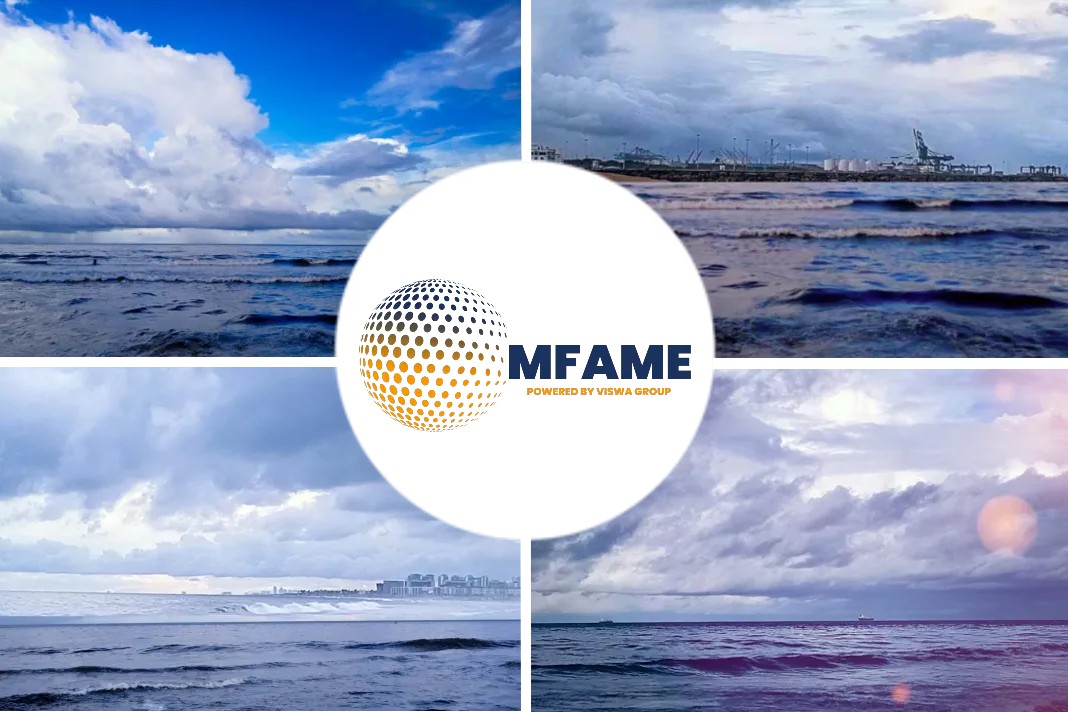- eeSea reveals a more in-depth probe into liner schedule reliability.
- Over 400,000 data points, supported by the automatic identification system (AIS) tracking information are transmitted by all cargo ships.
- The report is being rolled out on the three major east-west tradelanes only and the Middle East, Oceania and the South American trades will be added later this year.
Copenhagen-based eeSea reveals a platform to accurately gauge the on-time performance of liner services, and the standard of dispatch vessels receive at their ports of call, writes Mike Wackett for an article published in The LoadStar.
What was the focus on?
With the focus on “visibility and predictive analysis for the global container shipping industry”, the maritime and supply chain intelligence company launched its first Schedule Reliability Report, covering 2019.
Based on over 400,000 data points, supported by the automatic identification system (AIS) tracking information transmitted by all cargo ships, the report is being rolled out initially on the three major east-west tradelanes only.
eeSea said it intended to incorporate the Middle East, Oceania and the South American trades later this year.
Millions of dollars wasted in the supply chain
Founder and chief executive Simon Sundboell claimed millions of dollars were being wasted every year in the supply chain, directly and indirectly.
This is due to inaccurate, or in some cases a total lack of, information on vessel ETAs.
Mr Sundboell said :
“We have mapped the entire industry, inputting schedule details from all the carriers and these are all cross checked against the AIS data to ensure accuracy, as you cannot just rely on the lines for this information, which is either biased, defined differently between carriers and regions, or simply not published.”
“This data can have a critical role for vessel operators, cargo owners and port communities when it comes to managing their assets and supply chains, avoiding costly incidents and reducing buffers and transit times.”
Actual port events matched
In addition to data from ports, or in the absence of information, vessel arrivals and departures are defined by AIS data points at arrival pilot and on the berth, and likewise on departure.
eeSea then cleans and matches the “actual port events” to the port arrival and departure proformas.
2019 report rankings
According to the report, during 2019 just under 50% of arrivals were classified as on-time (within eight hours of their standard proforma arrival) ,with some 10% of vessels delayed by more than three days.
Asia to Europe and Asia to North America tradelanes
Shockingly, on both the Asia to Europe and Asia to North America tradelanes, the on-time percentage of vessels slumped to 42% in December, from a high of 65% in July for the former and 55% in June for the transpacific route.
Israeli carrier Zim
From the full-year schedule reliability assessment, Israeli carrier Zim came out top of the rankings with a score of 65% of all arrivals being on time, followed by Evergreen and Maersk.
Bottom three slots
At the rump end of the table, Hapag-Lloyd, Wan Hai and ONE occupied the bottom three slots, with the Japanese carrier recording an on-time percentage of just 27%.
East-west alliances
In terms of the east-west alliances, the 2M ranked top with a 56% on-time percentage score across the three main trades, with the Ocean Alliance close behind on 53%. However, THE Alliance performed badly, with an on-time score of just 35%, bottoming out at 25% on the transpacific.
North European ports
In terms of North European ports, the UK’s London Container Terminal at Tilbury performed the best, with an impressive score of 90% on comparing port actuals with proforma schedules.
US container ports in North America
But US container ports in North America fared badly last year, scoring just 36% and 35% for the east and west coasts respectively.
Data driven terminal contracts
Along with line/shipper annual contract negotiations, Mr Sundboell believes that carrier contracts with terminals should be data driven.
“This will be to the benefit of all parties, giving them clear performance indicators from data that can be interpreted by their own teams,” he said.
Did you subscribe to our daily newsletter?
It’s Free! Click here to Subscribe!
Source: The LoadStar















